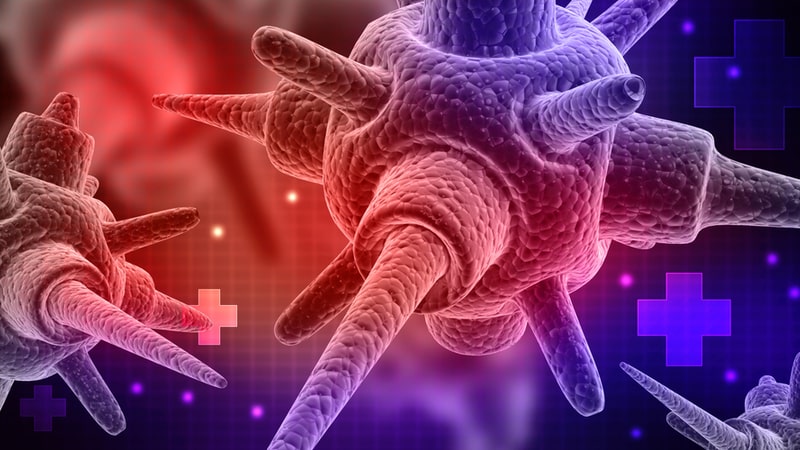
The G-7 Science and Technology Ministers recognized that a global pandemic will require a global response.
To foster communication, information sharing, and collaboration, G-7 countries – the United States, Japan, Italy, the United Kingdom, France, and Germany – issued a declaration regarding their plans to work together on a response to COVID-19.
The White House Office of Science and Technology Policy (OSTP) released a statement on May 28 detailing the group’s plans.
In the declaration, the G-7 leaders said there must be a “strongly coordinated international approach, based on science and evidence, consistent with our democratic values, including encouraging science, research, and technology cooperation and utilizing the strengths of private enterprise.”
The group identified five priority areas that will require global cooperation. The G-7 leaders pledged to work together to:
- “Make government-sponsored COVID-19 epidemiological and related research results, data, and information accessible to the public in machine-readable formats, to the greatest extent possible, in accordance with relevant laws and regulations, including privacy and intellectual property laws.”
- “Strengthen the use of high-performance computing for COVID-19 response. Make national high-performance computing resources available, as appropriate, to domestic research communities for COVID-19 and pandemic research, while safeguarding intellectual property.”
- “Launch the Global Partnership on AI … to enhance multi-stakeholder cooperation in the advancement of AI that reflects our shared democratic values and addresses shared global challenges, with an initial focus that includes responding to and recovering from COVID-19. Commit to the responsible and human-centric development and use of AI in a manner consistent with human rights, fundamental freedoms, and our shared democratic values.”
- “Exchange best practices to advance broadband connectivity; minimize workforce disruptions, support distance learning and working; enable access to smart health systems, virtual care, and telehealth services; promote job upskilling and reskilling programs to prepare the workforce of the future; and support global social and economic recovery, in an inclusive manner while promoting data protection, privacy, and security.”
- “Enhance cooperation on shared COVID-19 research priority areas, such as basic and applied research, public health, and clinical studies. Build on existing mechanisms to further priorities, including identifying COVID-19 cases and understanding virus spread while protecting privacy and personal data … and implementing innovative modeling, adequate and inclusive health system management, and predictive analytics to assist with preventing future pandemics.”
